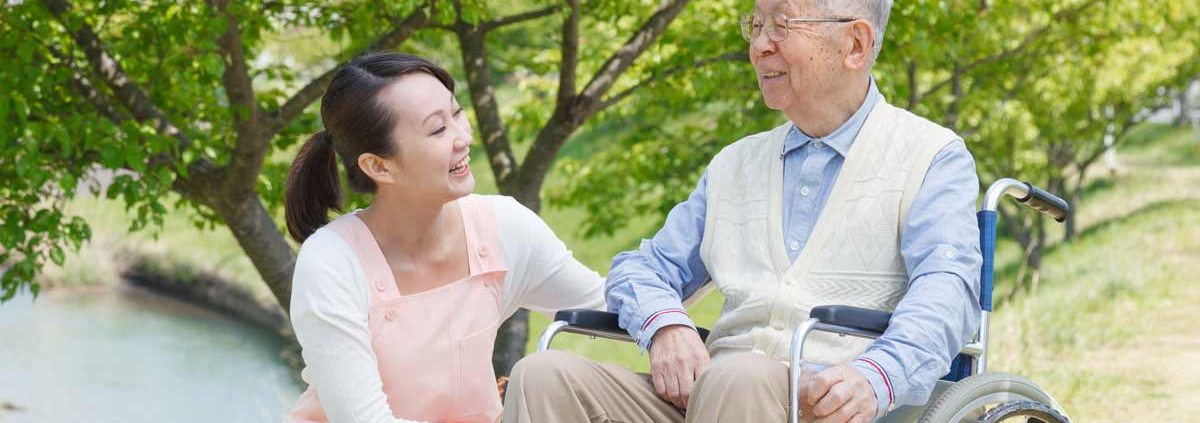Be an Ally to People with Disabilities

When things are left unspoken, there are a wide variety of interpretations that can be made. Left to chance, those messages can often lead to errors and unintended connotations. Having an open dialogue between people with disabilities and others is beneficial for everyone to avoid these types of mistakes. Most likely, the insensitive gaffes from people not requiring the use of a wheelchair or accessible vehicle are unintentional and stem from a lack of understanding. If you are a person that uses a wheelchair and wheelchair accessible van, working with others that don’t understand proper phrases that should be used will help prevent unwarranted comments. As person that does not have a disability, there are ways to change your language and perspective to be an ally to the disability community.
Respect the Space of People with Disabilities
A person with disabilities may have objects that assist them in day-to-day life. For example, the use of wheelchairs, an handicap accessible vehicle and service animals aid the completion of routine tasks. That being said, they are tools and should be treated as an extension of that person. For example, a service dog is constantly on duty, tending to the needs of its owner. Approaching that dog for play is a disregard for the functions the owner relies on it for. Another way to take caution is to avoid treating people with disabilities’ wheelchair as a place to rest or lean on. Leaning on their wheelchair is stepping into their personal space and not an appropriate way to act.
Changing Your Language
When referring to people with disabilities by their disabilities, you are indicating that that takes precedent over their personality. This type of language is one you can stop using, change to be more accurate and encourage others to use as well. Instead of referring to a friend, coworker or family member in your life as only a person with disabilities, you can bring it up only when necessary, like for accessible accommodations needing an accessible vehicle for travel. Along with that, you should describe a person in your life how you would describe anyone else—talking about their facial features, career, hobbies or interests. This is a great way to highlight his or her identity as a person without referring to something that does not define them.
Don’t Assume Anything
As with anything, assuming can lead to a false conclusion. People adapt to life and accommodate for the ups and downs it has. Assuming that all people with challenges are less fortunate or unhappy is a clear oversight in anyone’s eyes. Adjust as you need to and respectfully ask questions when you’re not sure of a certain topic.
The first step to being an ally is being unafraid of the conversations that will happen and being open to understanding a different perspective. Addressing the things you were previously afraid of asking, can eliminate consequences and clear up confusion. As a person that does not have a disability, or a person with disabilities seeking more support in your life, share this knowledge with others to discourage inaccurate remarks or unkind behavior and create a more unified, supportive community.
The National Mobility Equipment Dealers Association (NMEDA) is an advocate for mobility and accessibility for drivers with disabilities. If you need help with converting or buying a handicap accessible car, truck or van, please consider one of our Quality Assurance Program mobility equipment dealers.
